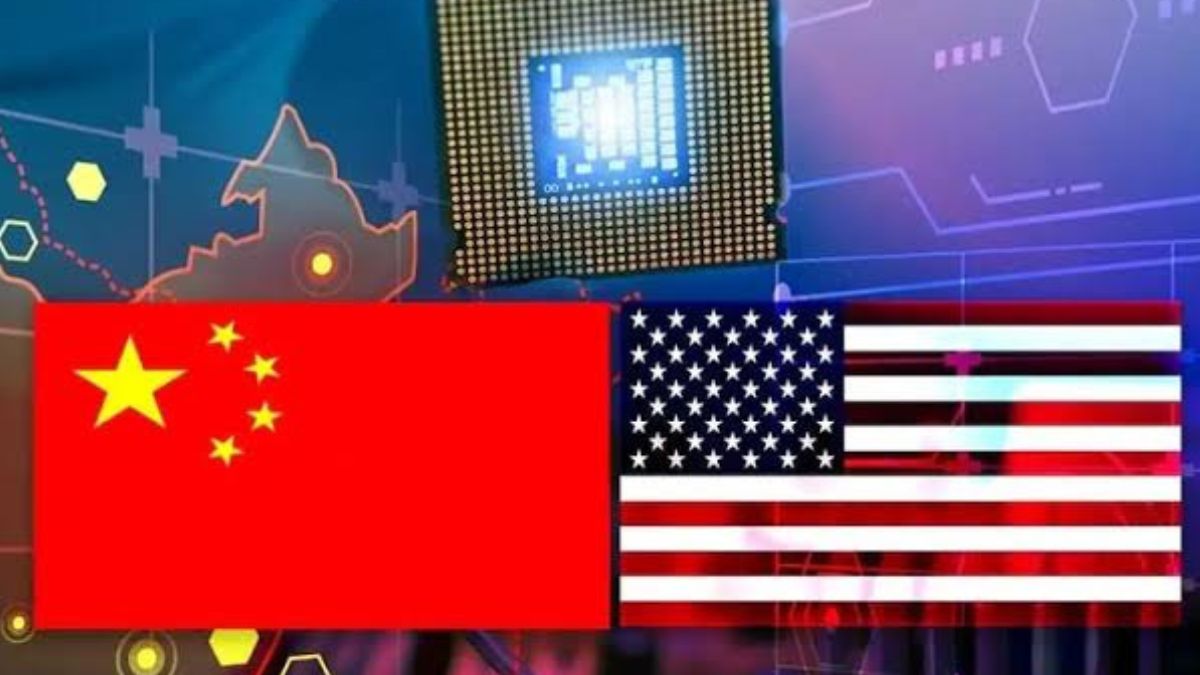The United States’ latest export restrictions on advanced technologies, including quantum computing and semiconductor manufacturing equipment, are unlikely to impede China’s technological progress. Instead, these measures are expected to bolster China’s commitment to independent innovation.
The U.S. Commerce Department’s Bureau of Industry and Security recently announced stricter controls on the export of quantum computing components, advanced semiconductor manufacturing gear, Gate All-Around Field-Effect Transistor technology, and additive manufacturing tools. This decision, attributed to concerns over “national security” and “foreign policy,” is viewed as another attempt by the U.S. to curb China’s high-tech advancements.
Despite these measures, historical patterns suggest that such restrictions often stimulate rather than hinder innovation. China’s response to external pressures, leveraging its substantial talent pool, scientific resources, and robust commercial market, has consistently demonstrated resilience. The nation’s progress in space exploration, for example, underscores its capacity to thrive despite international attempts to isolate it.
China’s achievements in quantum technology further illustrate this trend. The International Technology and Innovation Foundation (ITIF) reports that China leads globally in quantum communication and is on par with the U.S. in quantum sensing. The domestic development of Origin Wukong, a third-generation superconducting quantum computer by Origin Quantum, highlights China’s growing capabilities in this field.
Jia Zhilong, head of chip development at Origin Quantum, remarked that the U.S. blockade has only strengthened their resolve for independent innovation. This sentiment is echoed by concerns within the U.S. about potential economic repercussions. With China accounting for 29 per cent of the global semiconductor market, restrictions may also harm U.S. firms reliant on Chinese markets.
A Chinese foreign ministry spokesperson argued that such restrictions undermine global trade principles and disrupt international supply chains, ultimately impeding technological progress. In contrast, China remains committed to international cooperation, sharing its technological advancements globally.
Overall, the current situation underscores the importance of collaborative technological progress, which benefits humanity as a whole rather than serving as a tool for division.

